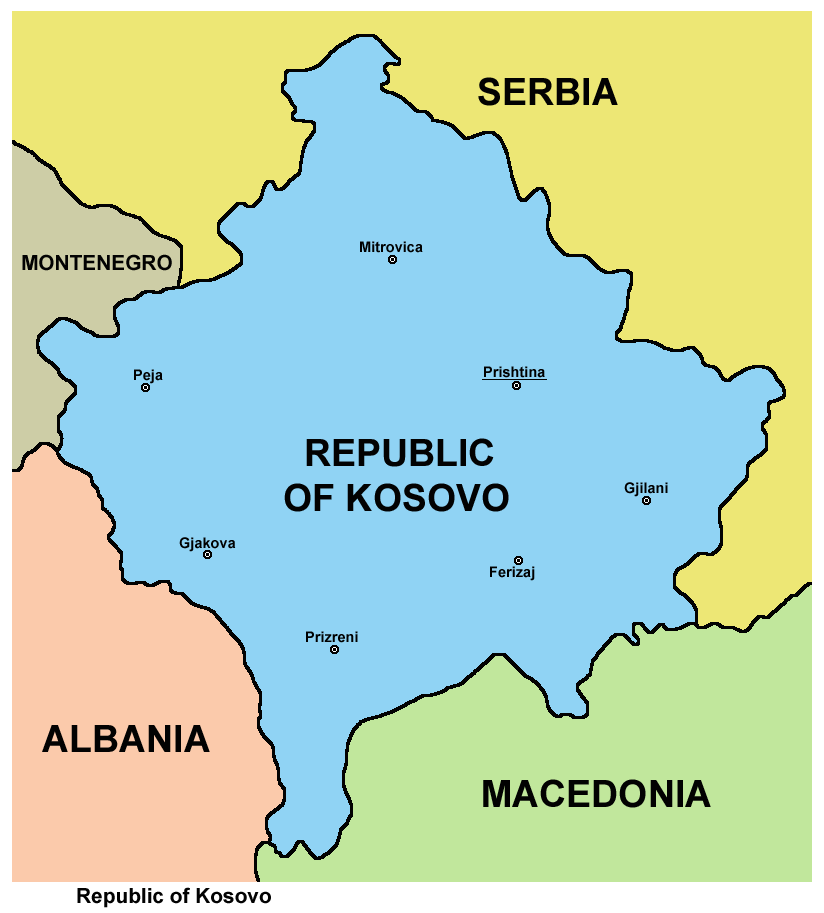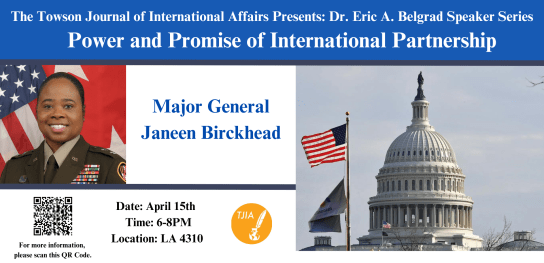
Volume XXXIV – Number 1
Kathleen McInnis
Abstract: Since the end of the Cold War, the overwhelming majority of territorially based conflicts have been rooted in ethnic tensions. This article analyzes ethno-territorial conflict by examining changes in demographics. This article focuses on the former Yugoslavia and Kosovo, and argues that analyzing, instead of ignoring shifts in the demographic makeup of a region can provide a course for preventive diplomacy to avoid conflict. Ethno-territorial conflicts are ones that are generally based in a historical attachment to a certain piece of land. In Kosovo, both Serbs and Ethnic Albanians are longtime historical occupants of the land, and both claim the moral right to rule it. The Serbs, however, traditionally had both a political and an economic advantage in not only Kosovo, but all of Yugoslavia, making them the dominant group. Upon the fall of communism in Yugoslavia, a democratic government was installed, but proved to be unstable. This instability led to conflict between the two ethnic groups as the Serbs asserted themselves over the Albanians, causing violent conflict to erupt. This conflict could have been prevented if the society had been able to enact democracy through political ideologies, rather than through ethnic political parties.
Key Words: Cold War, Diplomacy, Yugoslavia, Kosovo, Serbia, Albania, Balkans


